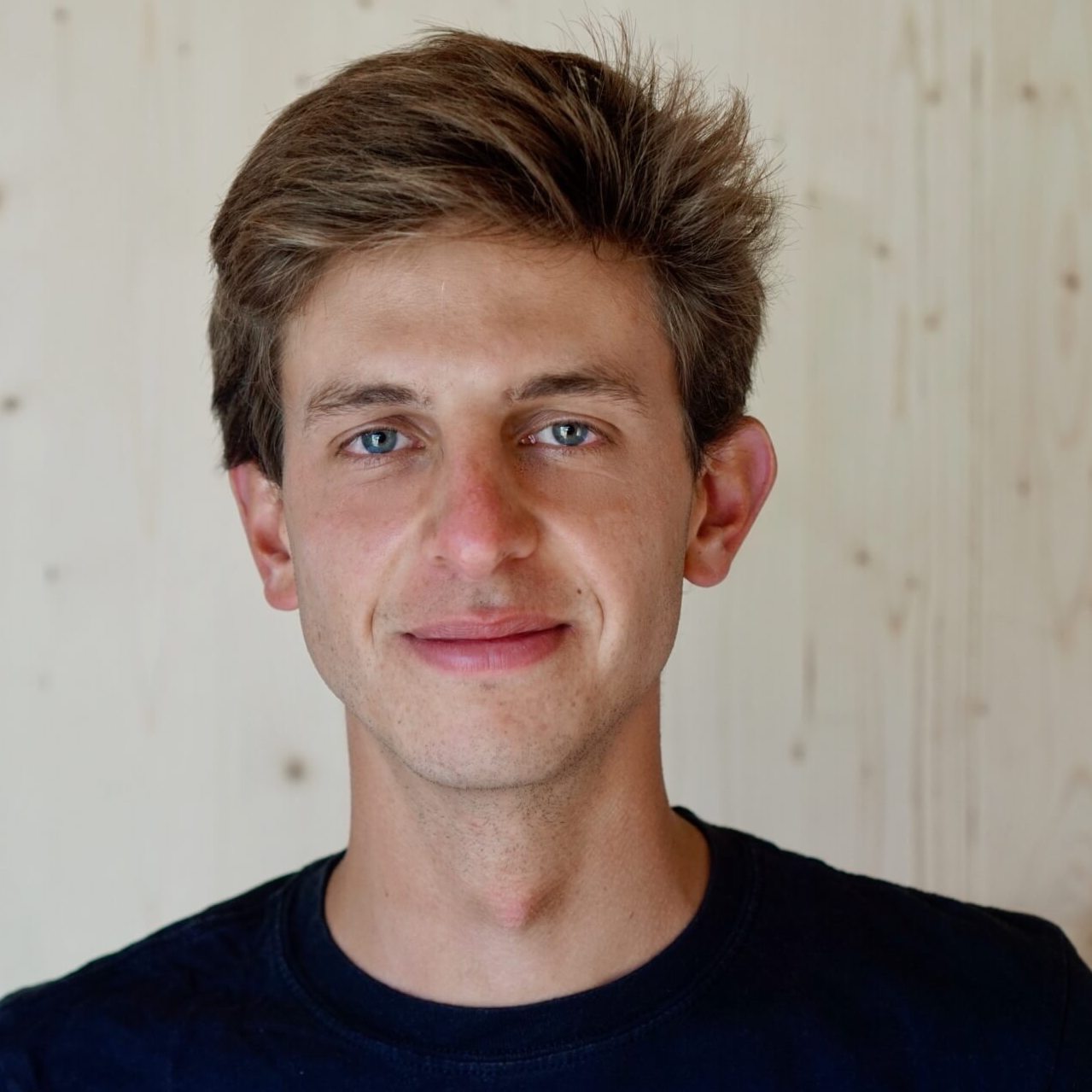
Dangerous Dreams: Lessons From Building a Solo Business
I started Supercreative right out of college.
I believed that creating my own company would make me fail and learn faster than if I joined someone else’s.
I was right about this idea, but wrong about all the other ones.
Here are the major fallacies I held while building Supercreative over the last 3 years:
For 7 months in 2020, believing in the "startup dream”, focusing on a business model (Supercreative matched clients with great designers) that wasn’t aligned with my deep desire to create. If you don’t like the daily life of running a certain type of business, you’re out.
For 6 months start of 2021, believing in the “creator dream” and “growing my audience” should be priority #1. It’s a trap. Creating good content is not enough. It increases your brand value, but doesn’t make a business.
For 5 months end of 2021 / start of 2022, believing in the “indie hacker dream”, creating new digital products in 2 weeks cycles, would lead to a profitable portfolio business. It does not. Great things take time. Time to sell and market especially. Software is a game played on a longer tempo.
For 15 months (throughout most of the company’s life), believing in the “no-code dream”, trying to build software with no-code apps just by myself, thinking that they could work with sheer ingenuity. Partnering up with a technical co-founder made me realize how ineffective that approach was.
It’s only now, with enough time, that I have the clarity to see how misleading all these dreams are. Right, plenty of good things to learn from these games. But I realize how hard it is to think critically about the popular startup/creator/indie-hacker narratives when you’re in them. It’s the ideal of the free soul to dream about what own’s one game might look like.

I always go back to the same conclusion:
Seeing Supercreative’s audience grow is nice.
Seeing the revenue numbers grow is nice.
But going back to the work I’ve produced, and being proud of it, is by far my favorite motivator. It makes me profoundly content to think I’ve tried my hardest to build something iconic, with craftsmanship, putting myself completely into my creations.
Doing good work and feeling useful, even if they’re just stupid tiny web things.
—
I sometimes feel guilty of having created a dangerous dream too. My articles about becoming a “hyper freelancer” and creating “tiny products” are as misleading as the other ones. Hyper freelancing can only be temporary, and tiny products need more work to turn into businesses. I hope you do not resent me from trying to develop and share my own dream, even if it’s misleading. I am learning.
— Ben

Created by Ben Issen
Based in Paris, Ben founded Supercreative. With his team, he creates tools and videos to help creatives be more productive. Prior to that, he worked at Webflow and launched a design agency. @ben_issen
Published:
Aug 6, 2022
Time to create:
2 hours
Time to share:
1 hours
Reading time:
3 minutes
Recommended next





